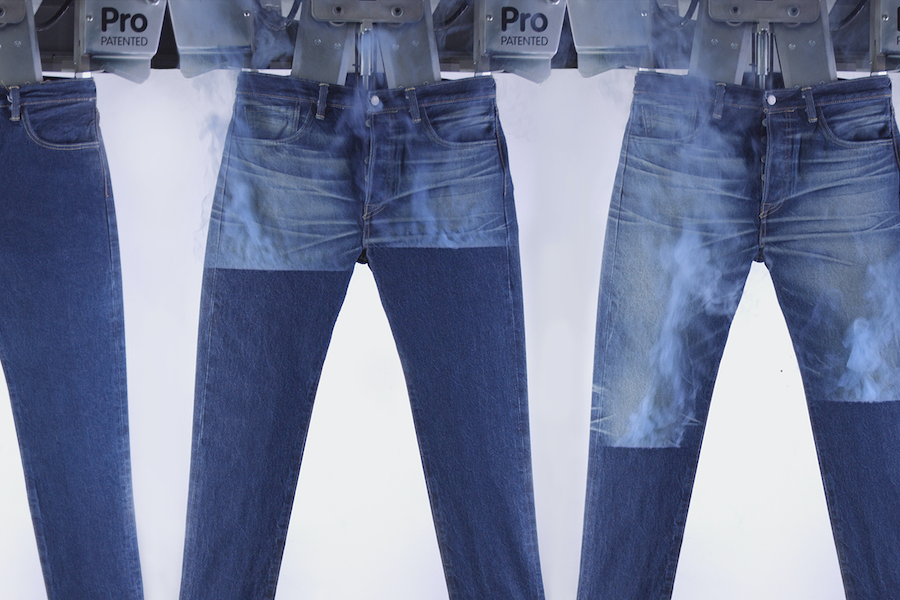#Sustainability
EU’s proposed crackdown on greenwashing takes aim at bogus certification, falls short of banning climate-washing claims
- The proposal will result in significant reduction of misleading green claims and inadequate certification schemes on the EU market.
- A significant amount more information will be needed from companies wanting to make green claims, and companies can no longer free-ride on future sustainability goals
The proposal highlights the need for third party certification in this, but stresses how many weak labels are currently circulating. As such we can expect the proliferation of weak labels and certification schemes to be reversed, a measure that the Changing Markets Foundation has been calling for a long time, having repeatedly demonstrated how such labels facilitate greenwashing and undermine sustainability in sectors such as fashion, food and fisheries.
George Harding-Rolls, Campaign Manager at the Changing Markets Foundation
said, “With this proposal, the EU has struck a match for the upcoming bonfire of certification schemes. We have warned such labels to become more robust and transparent for many years, so those who have dragged their heels are in for an unpleasant surprise.”
The Commission aims to introduce minimum criteria for such labels to increase transparency and credibility, making them more robust and science-based. Any new schemes will not be permitted unless they offer significant added value and must be approved by Member States. Notably, unless established at the EU level, certification aiming to use a single-score to assess environmental performance will not be allowed.
Climate-related claims have been shown to be particularly prone to being unclear and ambiguous, including in the food sector as Changing Markets’ recent report Feeding Us Greenwash revealed. The proposal aims to protect consumers from such confusion by requiring claims to distinguish between emissions reductions in a company’s own operations, and offsetting through buying carbon credits, the latter also requiring robust methodologies that ensure integrity and transparency.
Nusa Urbancic, Campaigns Director at Changing Markets Foundation said “It is disappointing that the Commission stopped short of banning generic climate claims – a prevalent greenwashing tactic. Our research showed that over half of dodgy climate claims in food rely on offsets of dubious quality, misleading consumers into believing they’re buying products with reduced emissions. The latest IPCC report showed that we must rapidly reduce emissions from all sectors, so it is a shame that the Green Claims Directive is not turbocharging real climate solutions by banning these false claims.”
In the same vein, the proposal will regulate claims based on future performance, for example announcements that a product or company will be ‘climate neutral’ or ‘net zero’ by a certain date. To pass muster, such claims must be clear, objective and verifiable with independent monitoring. They cannot be based on offsets but rather emissions reductions within the supply chain.
Examples of such claims that will soon be illegal are Nespresso's announcement to be ‘Carbon Neutral by 2022’ which was made in 2020 and Kit Kat’s ‘Carbon neutral by 2025’ goal, both of which rely heavily on offsets.
A notable exclusion from the proposal is the use of the Product Environmental Footprint as a single-approach to measuring and communicating impact. While the proposal is clear that any green claims must be science-based, use company specific data, and not overlook any environmental impacts, there is a risk that we will end up with an array of methodologies that will lead to a confusion of different ways to communicate claims. For this reason, Changing Markets is calling for any methodology to be used at the EU market to be pre-approved by the European Commission.
Another addition from a previous leaked version is the mention of using PET bottles for clothing. This is now cited as a specific example of a misleading environmental claim, due to the fact that any benefit it represents also undermines the potential for a closed- loop bottle to bottle recycling system. However, the directive stops short of an outright ban on claims made by fashion companies around the use of plastic bottles for clothing, despite the fact that this was promised in last year’s EU Textile Strategy. In a recent open letter, Changing Markets, alongside a coalition of NGO partners and industry associations, recently called for MEPs not to water down measures to prevent downcycling plastic bottles into clothing.
Meanwhile, the proposal appears to be treading water on microplastics, suggesting that companies should not ignore it if it’s a risk related to their product. This could leave many fast fashion brands reliant on synthetic fibres to make clothes at risk of greenwashing accusations should they make green claims without highlighting microplastic shedding.















